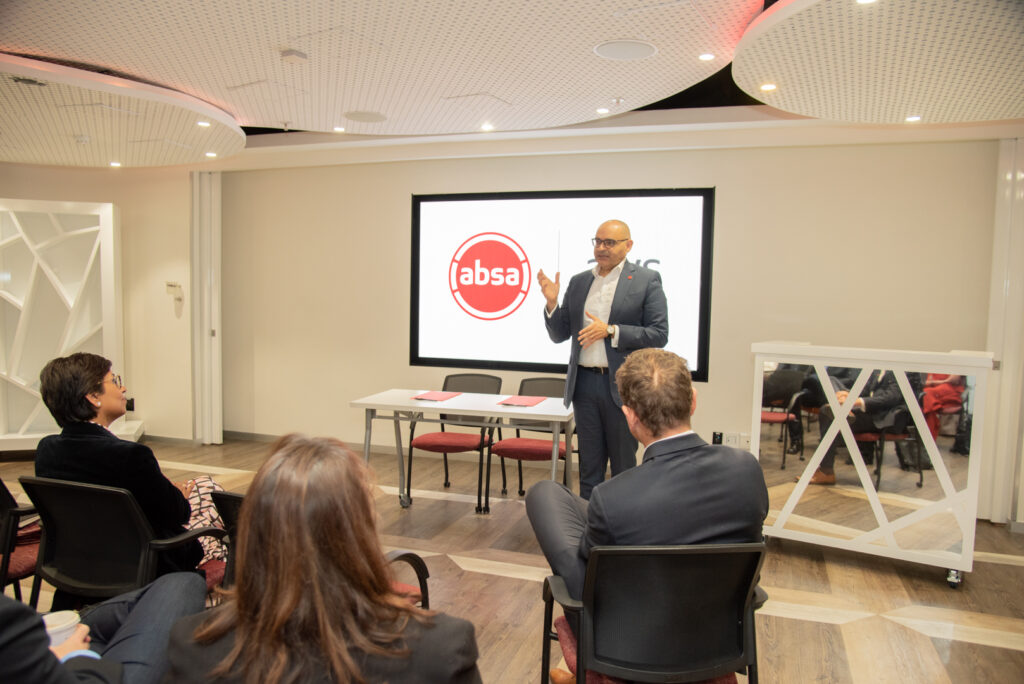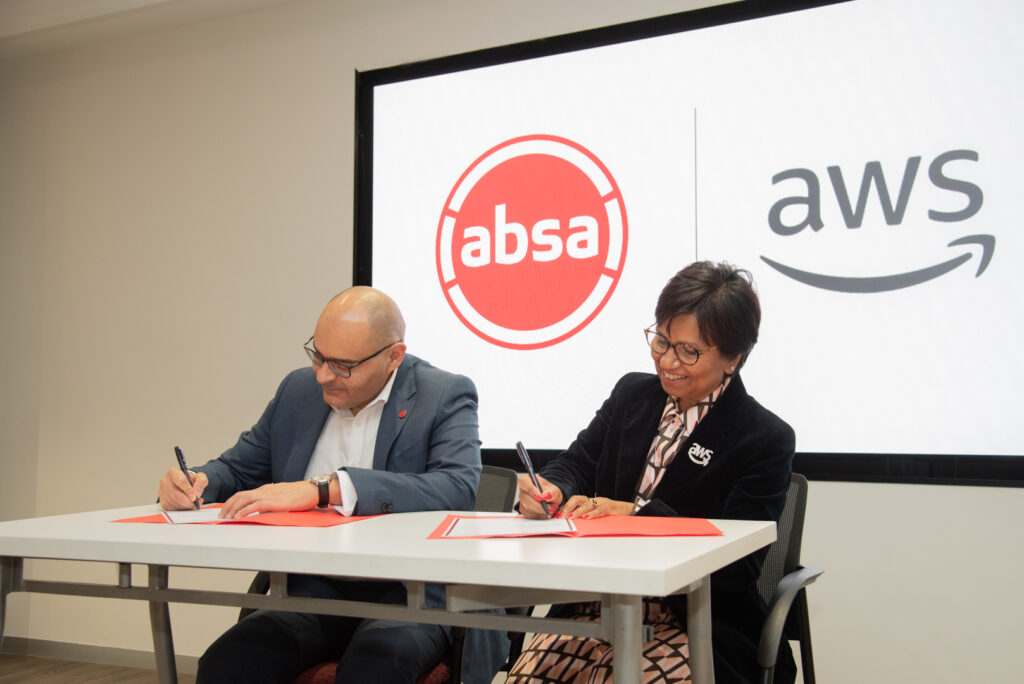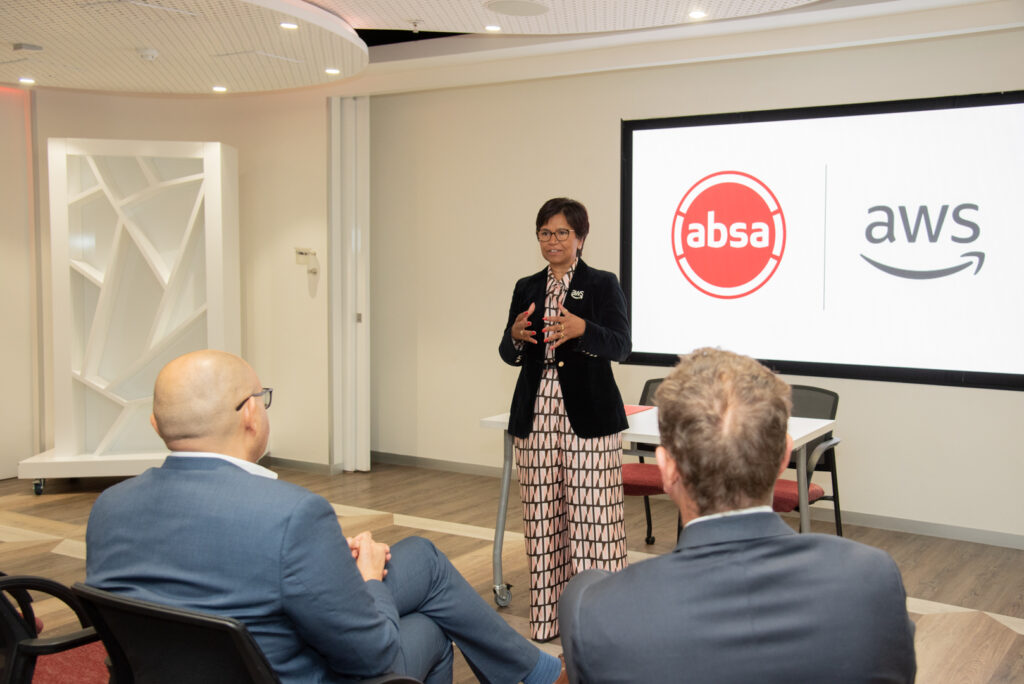Visa, in partnership with Absa, is proud to announce the winners of the second annual She’s Next South Africa competition, a flagship initiative designed to empower women-owned small businesses with access to funding, training, and mentorship. This year’s finalists represented diverse businesses, including farming to furniture, recycling, manufacturing, and clothing.
With her Avo processing factory on wheels, this year’s overall winner is Christine Masaiti from Grandstage Trading, who has been awarded the grand prize of a R450 000 monetary grant. Zimkhita Duze from Uuka Bricks secured second place, earning R270 000, while third place and R150 000 went to the founder of Stitches Uniforms, Tebogo Molotsi. The coveted Impact Award, recognising a business that delivers exceptional social or environmental change, gave Zimkhita and her Uuka Bricks a further R100 000.
Never imagining that she was going to win, when her name was called Christine, said: “I’m beyond thrilled. I’d like give thanks to Visa and Absa. This is something that I truly believe will really transform my life, and the community that I serve. Thank you so much to everyone.”
She’s Next South Africa is part of Visa’s global initiative to foster an inclusive and equitable entrepreneurial landscape. The 2025 winners were announced at a spectacular showcase in Hyde Park, Johannesburg, on 23 September, bringing together entrepreneurs, business leaders, and industry stakeholders to celebrate innovation and resilience among South Africa’s women-owned SMEs.
Speaking at the event, Country Head for Visa South Africa Lineshree Moodley, said: “We are here today not just as a celebration of the incredible finalists, but to honour the resilience and commitment we see women-owned businesses drive. This year we’ve been overwhelmed by the growth of She’s Next with over 1000 applications at such a high calibre. We are seeing women not just participating in innovation but driving the charge for innovation. It’s not just about developing one business; it’s creating legacies that live on beyond the business.”
Alongside the cash grants, a cohort of 30 women led businesses will gain access to an exclusive mentorship and business training programme, developed in partnership with Absa. This programme provides practical skills and guidance to help women entrepreneurs navigate South Africa’s tough business environment, strengthen operations, and unlock new growth opportunities.
“Entrepreneurship remains a cornerstone of inclusive growth and social progress. At Absa, we recognise the powerful role women-owned businesses play in creating jobs, driving innovation, and strengthening communities. Through our partnership with Visa on She’s Next, we are not only providing financial support but also addressing the systemic barriers that hold women entrepreneurs back. By enabling them to scale sustainably, we contribute to building a more resilient and inclusive South African economy,” said Mpho Nhlabathi, Head of Strategy and Shared Value, Corporate Citizenship, Absa Group Limited.
Deputy Minister of Small Business Development, Jane Sithole delivered a keynote address where she said: “Tonight, we’re here to celebrate remarkable women transforming the face of South Africa. Women are no longer knocking on the door of opportunity; they’re building the door themselves. People just need an opportunity to explore and show you what they can do. The number of applications to She’s Next proves that women are eager to take their rightful place in the national economy.”
This programme forms part of a broader vision shared by Visa and Absa to unlock inclusive growth by breaking down systemic barriers faced by women in business. Research from Absa’s 2025 Small Business Growth Index revealed that more than half of SMEs in South Africa risk closure within the next year without added support. With Sub-Saharan Africa having the highest rate of female entrepreneurship in the world, targeted initiatives such as She’s Next are critical in ensuring that women-led SMEs are not just surviving but thriving.
By celebrating the 2025 winners and reflecting on the success of the 2024 cohort, She’s Next South Africa has firmly established itself as a platform that amplifies women’s voices, supports their businesses, and contributes to building a more inclusive economy.



.png)
.png)
.png)
.png)
.png)
.png)
.png)

.png)
.png)














